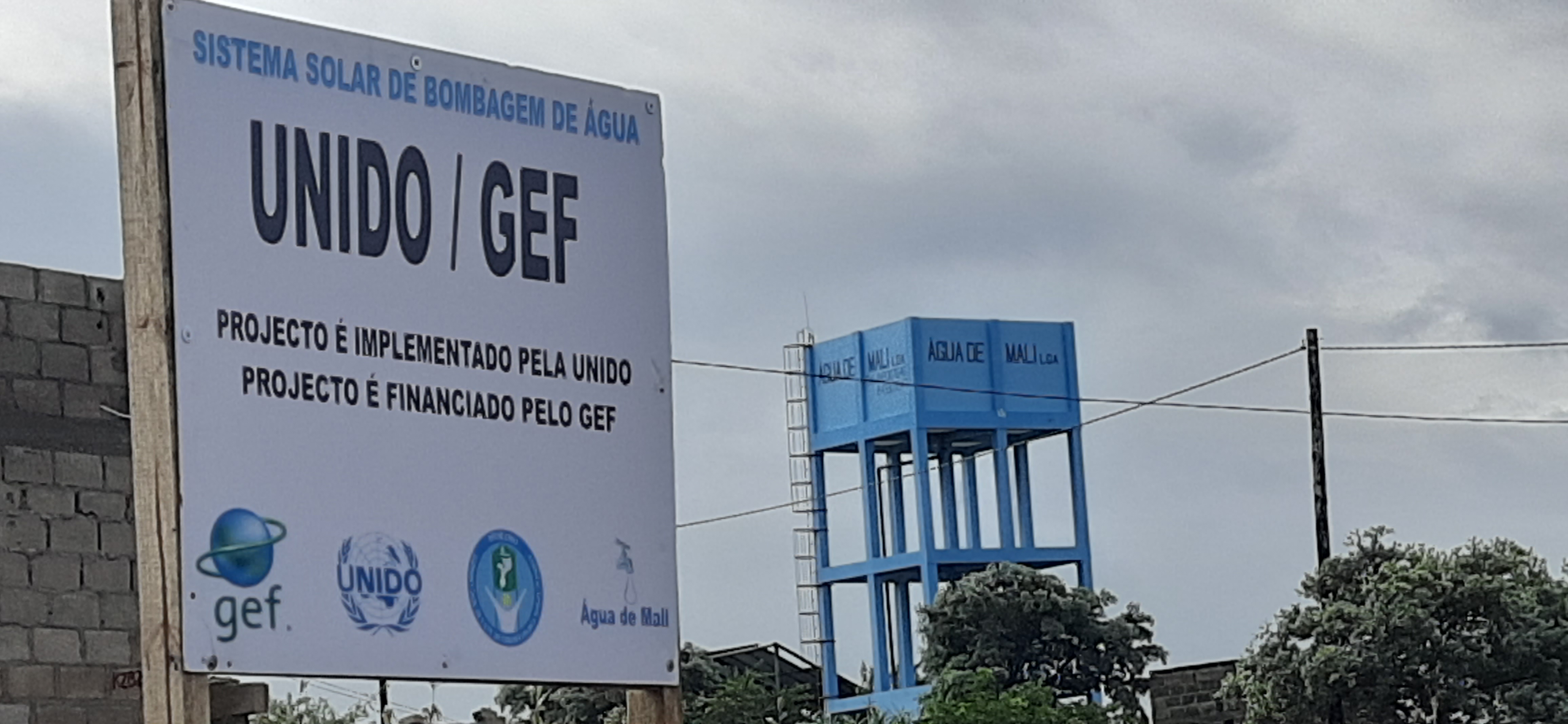
According to the Global Water Report, as of July 2020, water supply services coverage in Mozambique was at 56% with a significant disparity between urban and rural water service coverage. Whereas 84% of the urban areas have access to water supply services, only 40% in the rural areas have been covered by the services. The country thus trails behind SDG 6 “Ensure access to water and sanitation for all”
Despite the considerable progress made over the last 20 years, slow water services coverage levels have been registered due to rapid population growth from 13.6 million people in 1990 to 31.2 million in 2020 and high urbanization rates. The Government of Mozambique estimates that at least $4.2 billion is needed to achieve the universal water service access goal by 2030.
Insufficient public investment in the sector has resulted in limited public service coverage especially in peri-urban and rural areas. In light of this, small scale water providers emerged to fill the gap and their existence formalized by decree 51/2015 approved by the GoM. Over time these family owned businesses have grown in number and size with expansion to small towns and rural areas providing water for drinking, hygiene, commercial and productive activities. According to USAID, small water service providers accounted for 22.7% of water supply in urban areas, equivalent to 1.76 million people as of 2018
The unprecedented role of the private water supplier notwithstanding, the sector grapples with high electricity costs following the 2018 tariff increase by the national electricity entity-EDM. It is estimated that electricity costs account for 35% to 65% of the operational costs of the water services providers. In 2021, EDM increased the tariff to 10% in a bid to improve the financial sustainability of its operations. Besides, high electricity costs, private water service providers endure repeated and sometimes extended electricity services disruptions which leads to difficulty in providing for its customers. This is coupled with poor power quality leading to premature water pump motor failure whose replacement is very costly.
In consideration of the above challenges and the need or improved water supply services coverage, the Mozambican Private Water service providers association resorted to the adoption solar powered systems as a viable alternative. In January 2023 the association embarked on the installation of solar powered systems for each of the identified 9 Private Water Providers located multiple locations in Maputo province amounting to 63 Kw of combined capacity.
The adaptation of solar systems comes with enormous benefits to the environment and the private service providers as it will lead to reductions on GHG emission for those currently using diesel generators. The providers will become less subjected to unpredictable fuel variations that affect their profitability.
“By relying on solar energy as the primary source of energy to operate their systems, FPAs will be less vulnerable to the effects of frequent power shortages and fluctuations that currently lead to poor customer services and equipment damages”--- Mr. Adriano Chirute, President, AFORAMO

